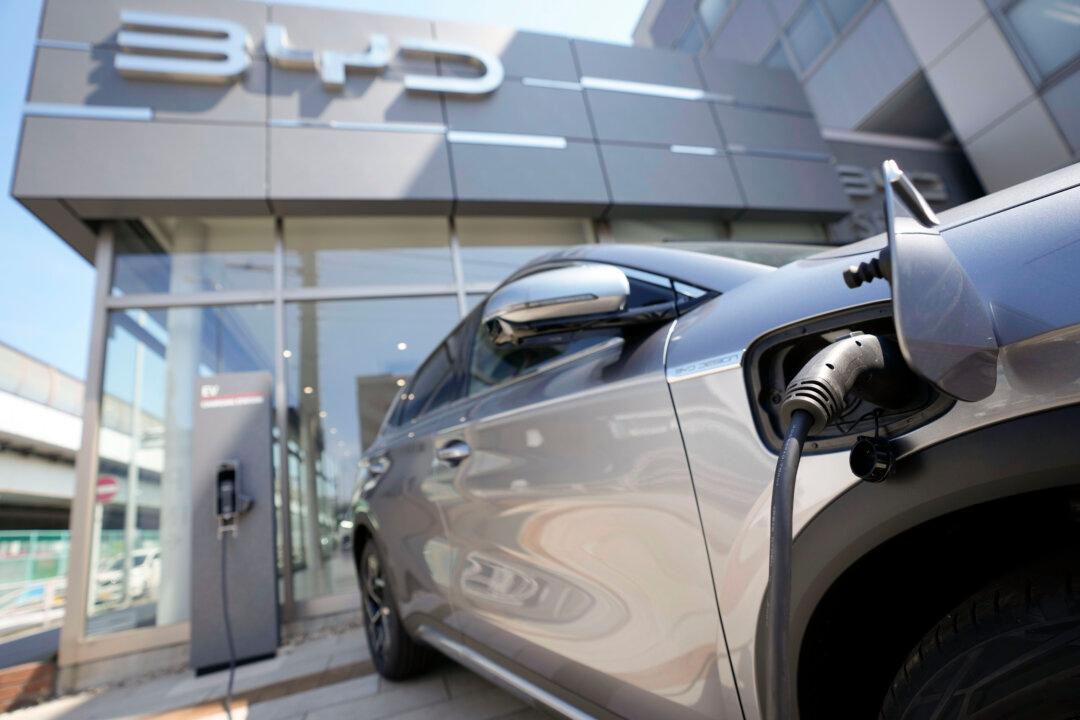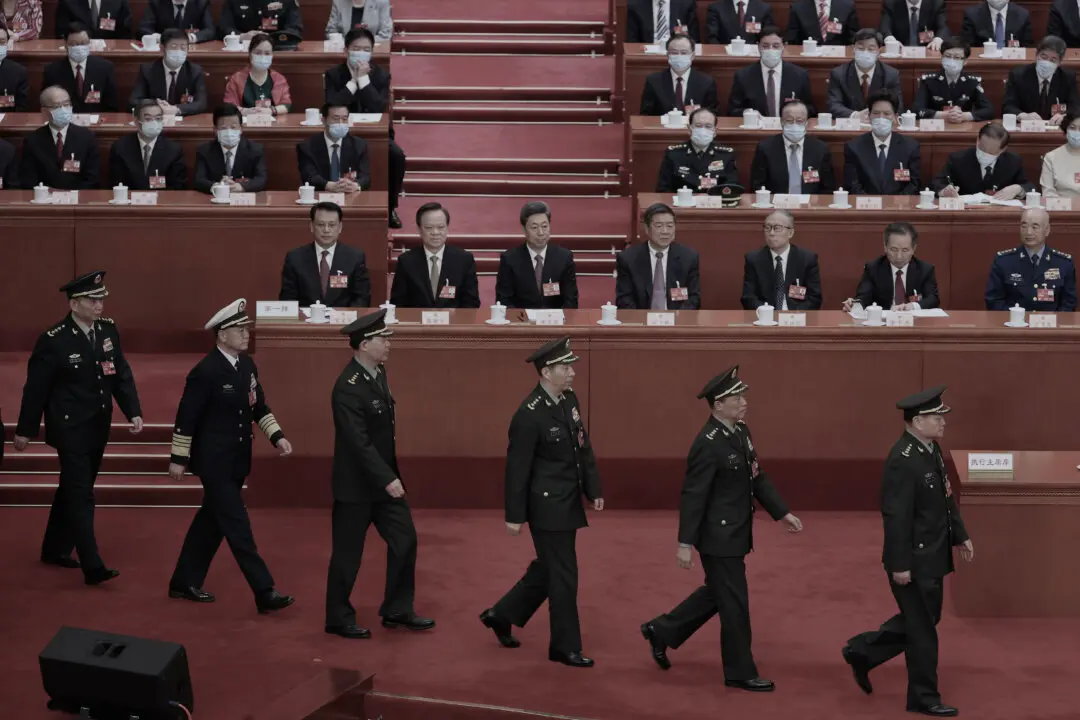The Chinese communist regime has deleted overproduction information on China’s new energy cars from its official website. It comes as both the United States and the European Union have raised serious concerns over China’s industrial overcapacity and dumping of goods in the West.
China observers believe that the government subsidies have caused vicious competition, which harms both the Chinese domestic economy as well as the economies of other countries.




